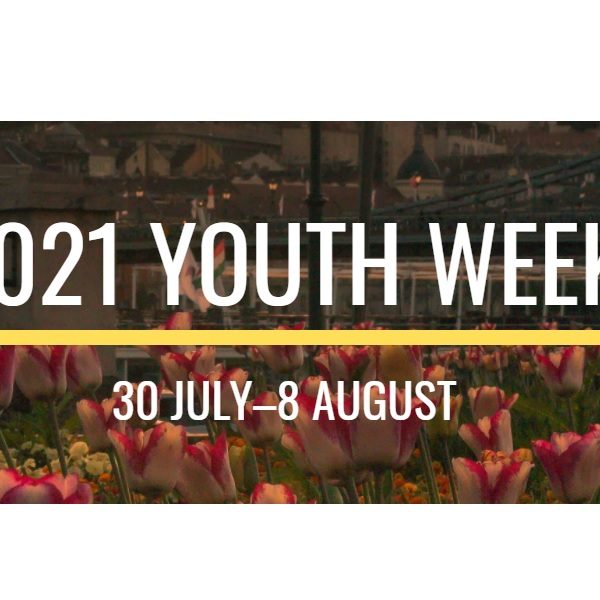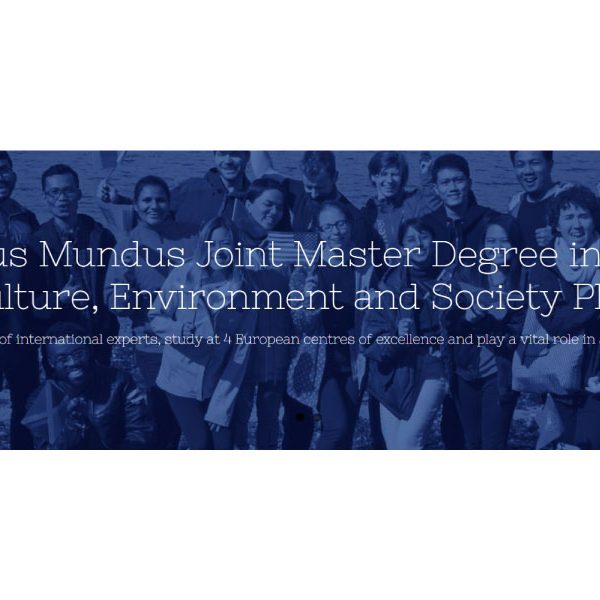
Deadline: 10 January 2018
Open to: candidates with a bachelor degree in a relevant field of study; have an IELTS Band score of minimum 7,0, if you are not a native English speaker; at least three months of journalistic experience.
Scholarship: EUR 34.000 euro /EUR 47.000 for EU euro /non-EU nationals respectively
Description
The Erasmus Mundus Journalism programme is a master’s degree that offers a unique educational experience with students studying and living in at least two European countries. The first year of the degree is spent in Denmark with the entire cohort. The second year sees students split into smaller groups that move to universities in either Swansea, London, Amsterdam or Hamburg to specialize in one of four distinct areas of journalism: War and Conflict, Business and Finance, Media and Politics, or Journalism and Media Across Cultures.
Students in the Mundus Journalism programme gain an outstanding professional network for life, working with peers from all over the world in an interdisciplinary and intercultural environment that is both international and ambitious. You will study at some of Europe’s leading universities where top researchers in media, political studies, and journalism are responsible for the teaching. This gives the opportunity to customise your talent to an international level.
Eligibility
In order to be considered for admission to the Mundus Journalism programme you must:
- Have completed a bachelor degree in a relevant field of study before course start. Applicants must have completed a Bachelor’s degree (or the equivalent) in a relevant subject in order to be admitted to the Mundus Journalism programme. Students who have not yet graduated from their BA-degree can still apply, but documentation of the Bachelor’s degree must be forwarded to Aarhus University by August to complete the enrolment process prior to course start in September.
Subjects within Bachelor’s programmes in Arts/Humanities and Social Sciences are by default considered to be relevant. Applicants who have completed other programmes, but whose qualifications are deemed by the Consortium to be relevant and adequate, may also be offered admission.
To ensure that the best candidates are admitted, the Consortium has decided to give priority to academic merit; candidates will only be admitted if they have an above-average Bachelor’s degree (a minimum of an above-average class mark/GPA is expected).
- Have an IELTS Band score of minimum 7,0, if you are not a native English speaker. The Erasmus Mundus Journalism programme is taught in English. Students must therefore be able to read academic textbooks and articles, understand lectures, take part in classroom discussions and undertake written work and exams in English. That is why we require evidence of English language proficiency from non-native speakers of English.
IELTS Requirement
We only accept the IELTS Academic test, as it reflects some of the features of academic language and assesses whether you are ready to begin studying in English language environment. The IELTS test assesses your abilities in 4 test categories: 1) listening, 2) reading, 3) writing and 4) speaking.
The IELTS test result is reported as a score in each of the 4 test categories and as an overall band score on a scale from 1 (the lowest) to 9 (the highest). We require a band score of minimum 7,0.
- Have at least three months of journalistic experience. Although the programme aims to maintain and enhance high journalistic standards, this programme is theory-oriented. We ask for at least 3 months’ journalistic experience, so that the need for basic practical journalistic instruction is low. Students learn to combine academic, theoretical knowledge with journalistic skills, and to analyse, interpret and generate knowledge about the global changes that increasingly challenge traditional boundaries. Hence journalistic skills are required prior to course start.
Freelance experience is also accepted, if you can provide documentation that your work has been equivalent of three-months full-time journalism experience. In this case please ask for a letter of reference by a professional journalist – preferably your former or current editor-in-chief. The person writing the reference should include an estimate of time.
We acknowledge that journalistic experience may take many forms. Hence “traditional” journalistic experience (composing stories for a published media outlet) is not the only accepted form of experience. Since the consortium will evaluate your application as a whole, we cannot answer questions regarding your specific experience’s sufficiency beforehand. Our best recommendation is for you to give it a shot, send us an application, and make sure to elaborate on the relevance of your experience.
Scholarship
Two-year scholarships:
- Category A: Max EUR 47,000
- Category B: Max EUR 34,000
Scholarship eligibility:
- Category A eligible if:
- You are not a resident of any of the 27 EU Member States, Iceland, Norway or Liechtenstein;
- You have not carried out your main activity (studies, work, private visits, tourism, etc.) for more than a total of 12 months over the last five years in any of the 27 European Union Member States, Iceland, Norway or Liechtenstein.
- Category B eligible if:
- You are a resident of any of the 27 EU Member States, Iceland, Norway or Liechtenstein;
- You are a non-EU student but you do not fulfill Category A requirements.
How to apply?
The application deadline for the 2018-2020 programme is January 10, 2018.
The application package must include the following required documents:
– Academic documents
– Journalistic documents
– Language documents
– Curriculum Vitae
– Academic and journalistic reference letters
– Documentation of your nationality/nationalities
– Special Needs/ Chronic Illness / Disabilities
Find more information about the application process and get detailed information about each of the required documents here.


